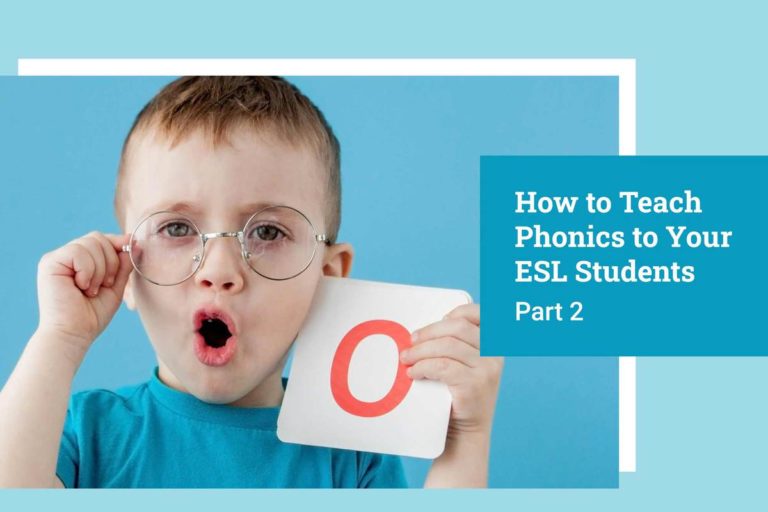Ready to start teaching English online?
Teach with VIPKidIdioms can be found in every language, with each figure of speech having origins from various practices and phenomena throughout history. But what may be surprising for your ESL students is how often these figurative expressions are used in everyday conversations for English speakers. By teaching English idioms to your students, they will gain a greater mastery of English communication as well as showcase their ability to use figures of speech when appropriate. And it’s not only important for your students to learn English idioms–it’s also fun! There are so many idioms to teach, so listed below are some of the most common ones to show up in conversations. Stay tuned for more idioms in another blog post!
Cat got your tongue?
Meaning: To be unable to speak, to be silent, or to be at a loss for words
This idiom depicts a rather amusing image! When at least two people are conversing but one is hardly talking, the other can say this idiom to point out how quiet the person is.
Hold your horses
Meaning: To be patient and wait
Alluding back to when horses were used for transportation, riders would pull back the reins on a horse to stop their movement. Your students can say this to ask someone to slow down and wait.
Under the weather
Meaning: To feel sickly and unwell
This idiom has nautical origins for when sailors felt sick while out on sea. This is one of the most widely used figures of speech for English speakers and your students should know that everyone will use it when they feel sick.
Raining cats and dogs
Meaning: When it is raining heavily
An idiom used exclusively for when it rains heavily, it calls back to Victorian years when the public drainage was terrible and the flooding in the streets during rainfall caused cats and dogs to drown.
When pigs fly
Meaning: An occurrence that is impossible to happen
Do your ESL students expect pigs to fly anytime soon? If they do, then you praise them for their creativity and insight of evolution. Jokes aside, it’s important that your students understand that they should use this idiom in response to a statement they think is unachievable.
Elephant in the room
Meaning: A major issue that everyone is aware of but it is never brought up in conversations
This idiom is not only a strong image, it comes with strong feelings attached. Although this idiom is very familiar to many, it is often unsaid but understood and reserved for private conversations. Your students must first recognize when people avoid touching on an issue that everyone is aware of to use this idiom.
Take it with a grain of salt
Meaning: To interpret something with some doubt
Sometimes, it is wise to listen and understand things with some skepticism. In ancient Roman times, a little bit of salt was an antidote for poison. In a way, a little bit of doubt will help a person avoid being misinformed. Your ESL students can use this when they know they’re about to say something they aren’t sure is accurate.
Piece of cake
Meaning: Something that is quite easy to do
In nineteenth-century America, cake was given as a prize for winning a competition. So this idiom is usually said when a person easily and successfully completes a task or action.
Turn a blind eye
Meaning: To disregard reality and facts
If your students notice a person blatantly ignore facts after being told said facts, they can use this idiom to describe that person’s forced ignorance. Although this idiom sounds like it has a negative connotation, it depends on the context.
Give a cold shoulder
Meaning: To ignore someone purposely
Over 200 years ago, party hosts would give cold shoulder cuts of meats to guests that weren’t welcomed to the party. Although no one is giving literal cold meat shoulders to people they don’t want to talk to, you can explain to your students why a person may be giving a figurative “cold shoulder” to someone.
These are just a few of the common idioms that English speakers will say offhandedly. Explore your favorite idioms with your ESL students and roleplay when to say these idioms.



